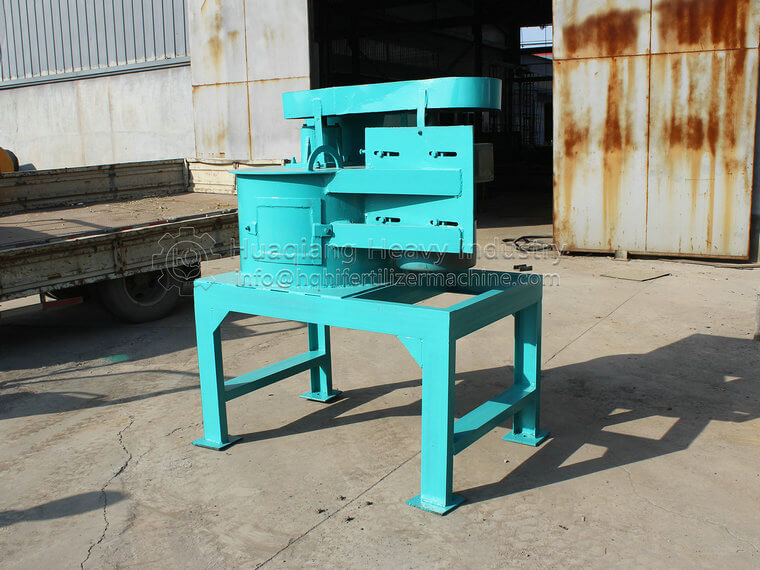Choosing a suitable organic fertilizer crusher is crucial for organic fertilizer production enterprises, as it affects production efficiency, product quality, and the economic benefits of the enterprise. Here are some key points and suggestions for purchasing.
Firstly, clarify the production requirements. The production capacity of the crusher should be determined based on the production scale and development plan of the enterprise. If you are a small enterprise or in the initial stage with relatively low daily production demand, you can choose small and medium-sized organic fertilizer crushers. These types of equipment have lower investment costs, smaller footprint, relatively simple operation, and can meet the initial production needs. For large fertilizer production enterprises, it is necessary to choose large crushers with high output and strong crushing capacity to ensure efficient and stable large-scale production.
Secondly, consider the characteristics of the raw materials. Different organic raw materials have differences in humidity, viscosity, hardness, and other characteristics, which can affect the crushing effect. For example, raw materials with high humidity may easily clog the crusher, and it is necessary to choose equipment with anti clogging design; For materials with high hardness, it is necessary to choose a grinder with sturdy and durable crushing components. Before making a purchase, it is essential to provide the equipment supplier with a detailed introduction to the characteristics of the raw materials in order to select the most suitable model.
Equipment quality is key. High quality organic fertilizer crushers are usually made of high-quality materials, such as high-strength steel used to manufacture crushing components, ensuring the stability and reliability of the equipment during long-term operation. Checking the manufacturing process of the equipment, such as whether the welding is firm and whether the machining accuracy of the components is high, is also an important basis for judging the quality of the equipment. At the same time, it is necessary to examine the stability of the equipment and whether there are any abnormal vibrations and noise during operation.
The supporting facilities of the crusher cannot be ignored. A complete crushing system should include feeding equipment, discharging equipment, dust removal equipment, etc. in addition to the crushing host. The performance and quality of these supporting facilities directly affect the overall crushing effect and production efficiency. For example, a reasonable feeding equipment can ensure that materials enter the crusher evenly, avoiding blockages and low efficiency caused by uneven feeding; Efficient dust removal equipment can reduce dust pollution and improve the production environment.
Price and after-sales service are also important considerations. On the premise of ensuring that the quality and performance of the equipment meet production needs, conduct multiple comparisons and select products with high cost-effectiveness. Don’t choose equipment with unreliable quality just because of its low price, otherwise you may face high costs such as frequent maintenance and replacement of parts in the later stage. At the same time, it is necessary to choose suppliers with good after-sales service, including equipment installation and commissioning, operation training, maintenance, and timely supply of accessories. Good after-sales service can ensure that equipment is quickly resolved when problems arise, reduce downtime, and ensure normal production.
In short, when choosing an organic fertilizer crusher, it is necessary to consider the above points comprehensively, make cautious decisions, and select the most suitable equipment for the organic fertilizer production business of the enterprise, helping the enterprise achieve efficient production and sustainable development.